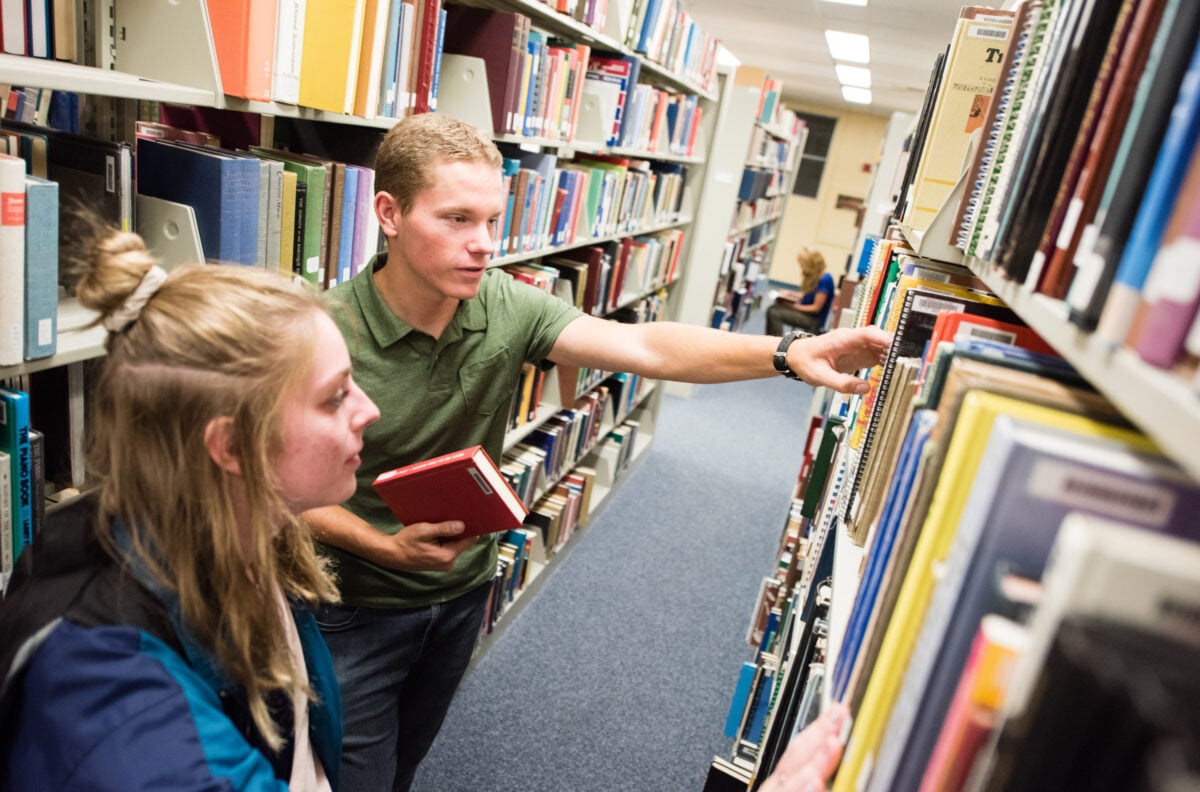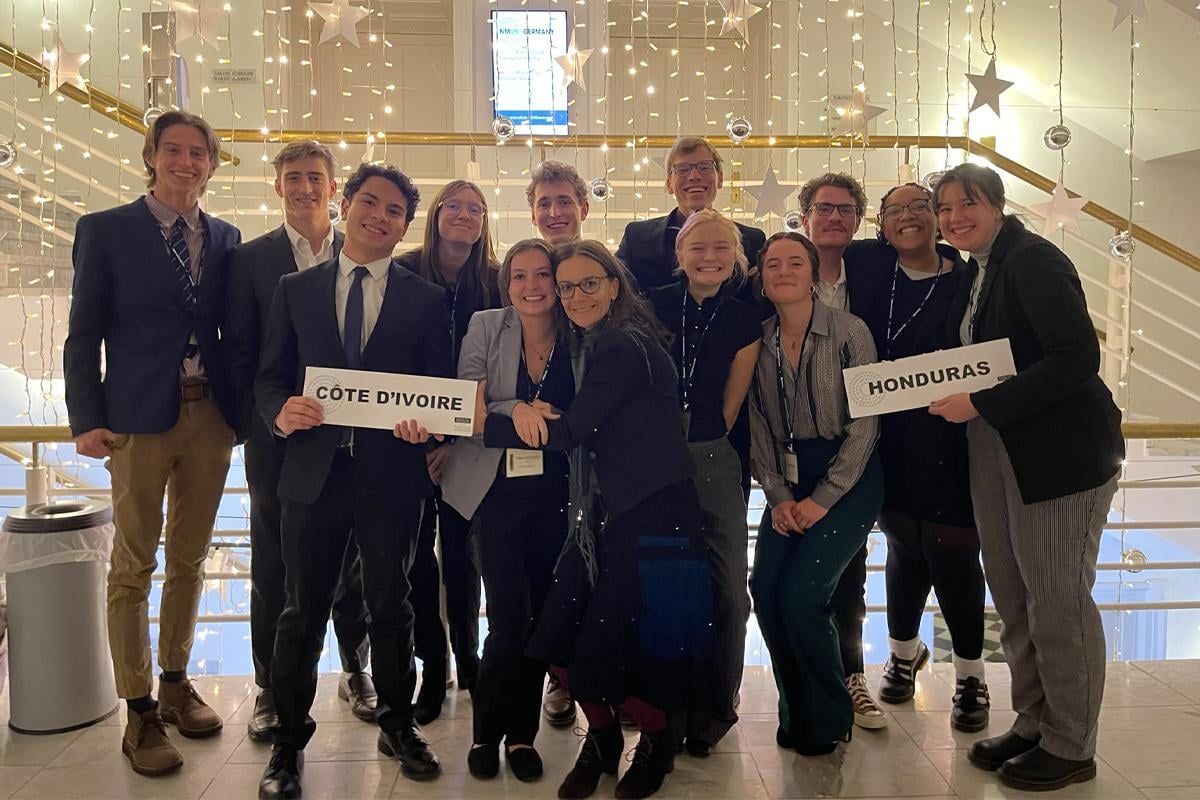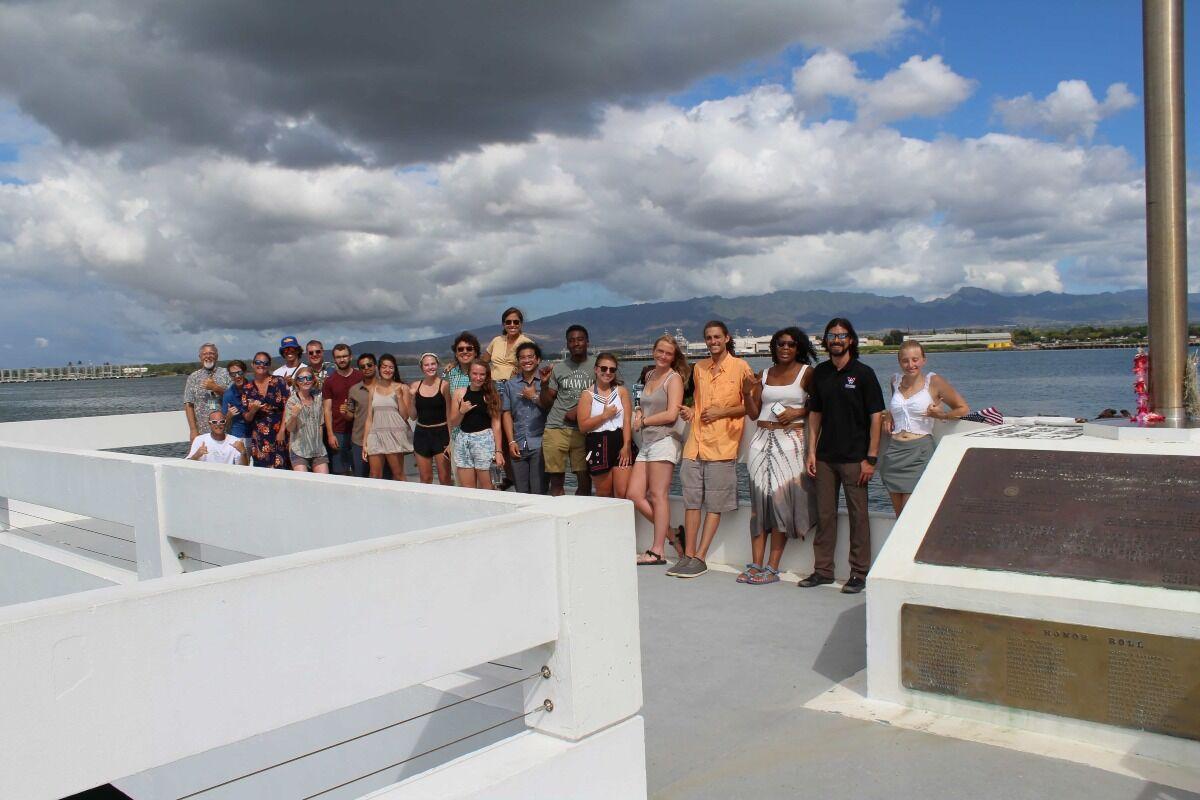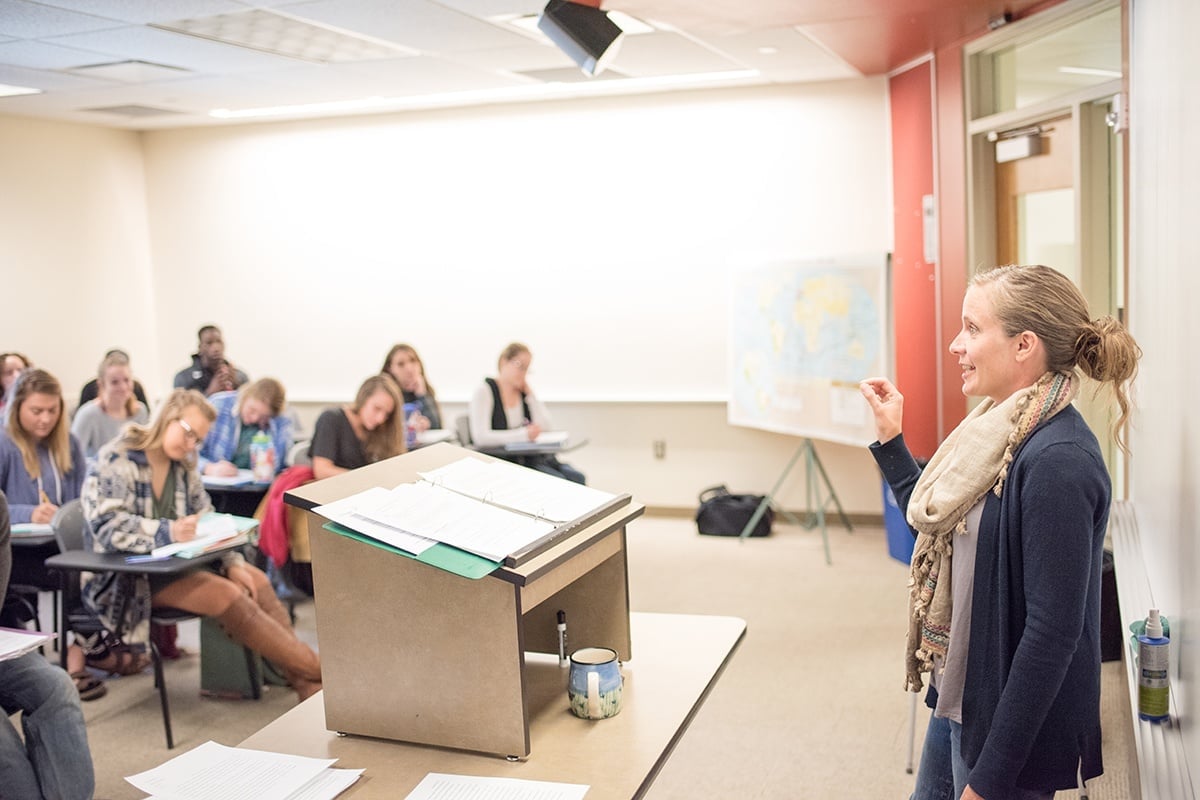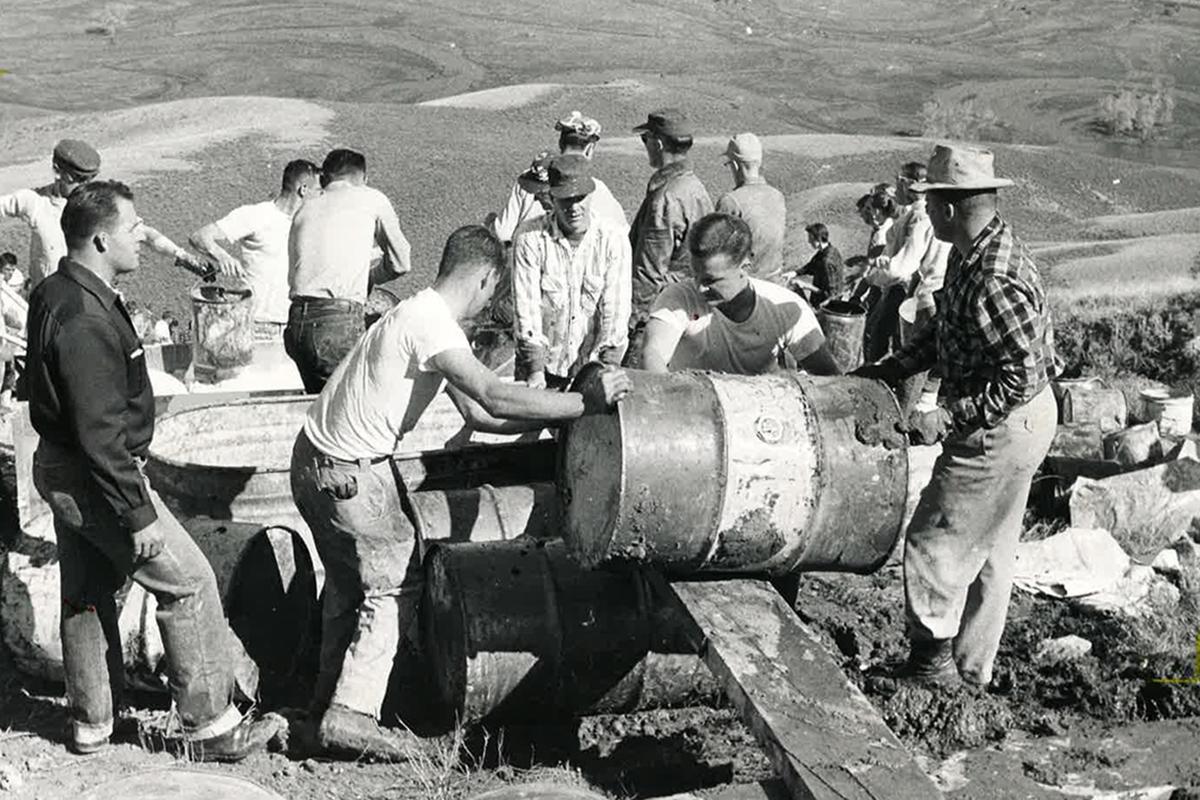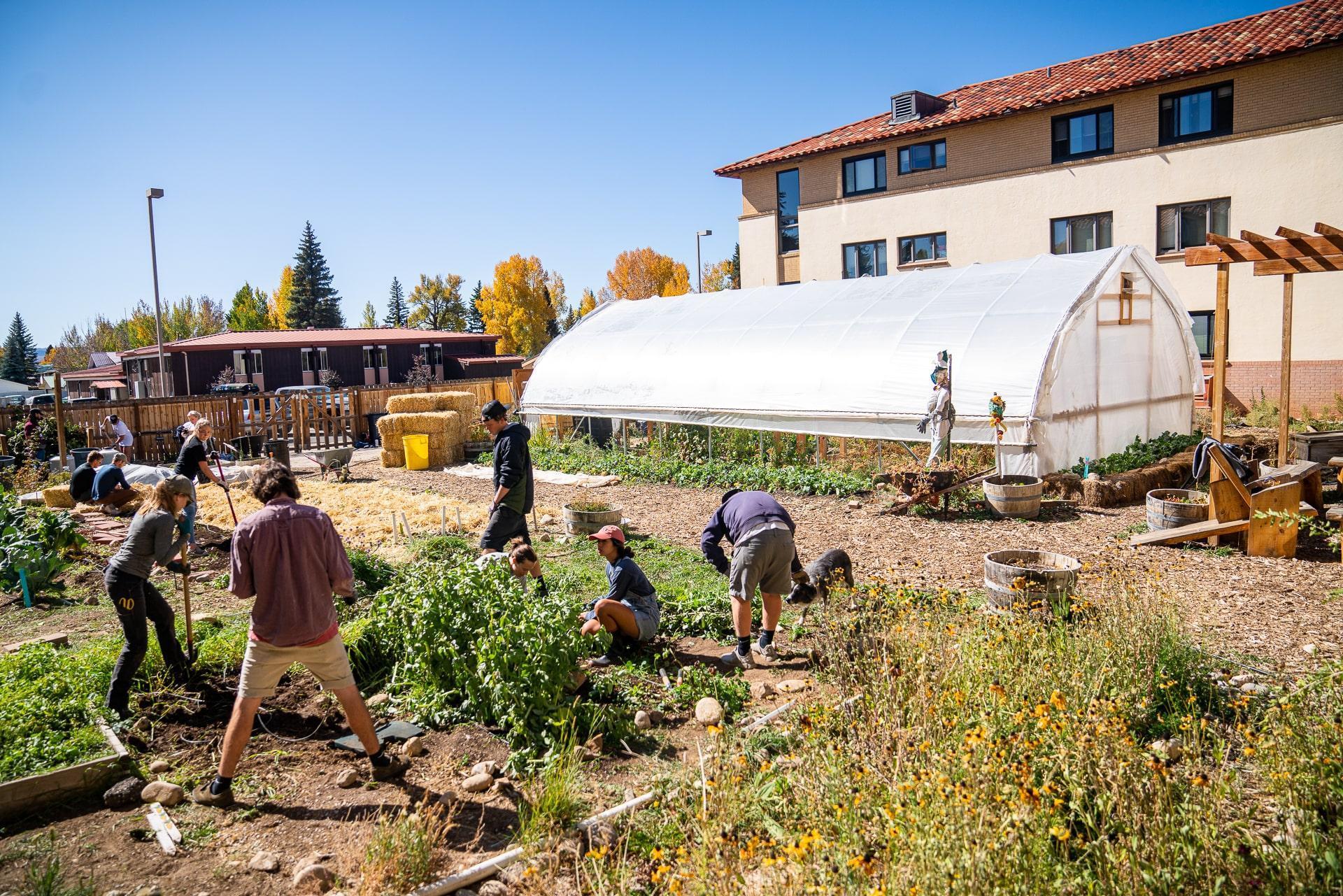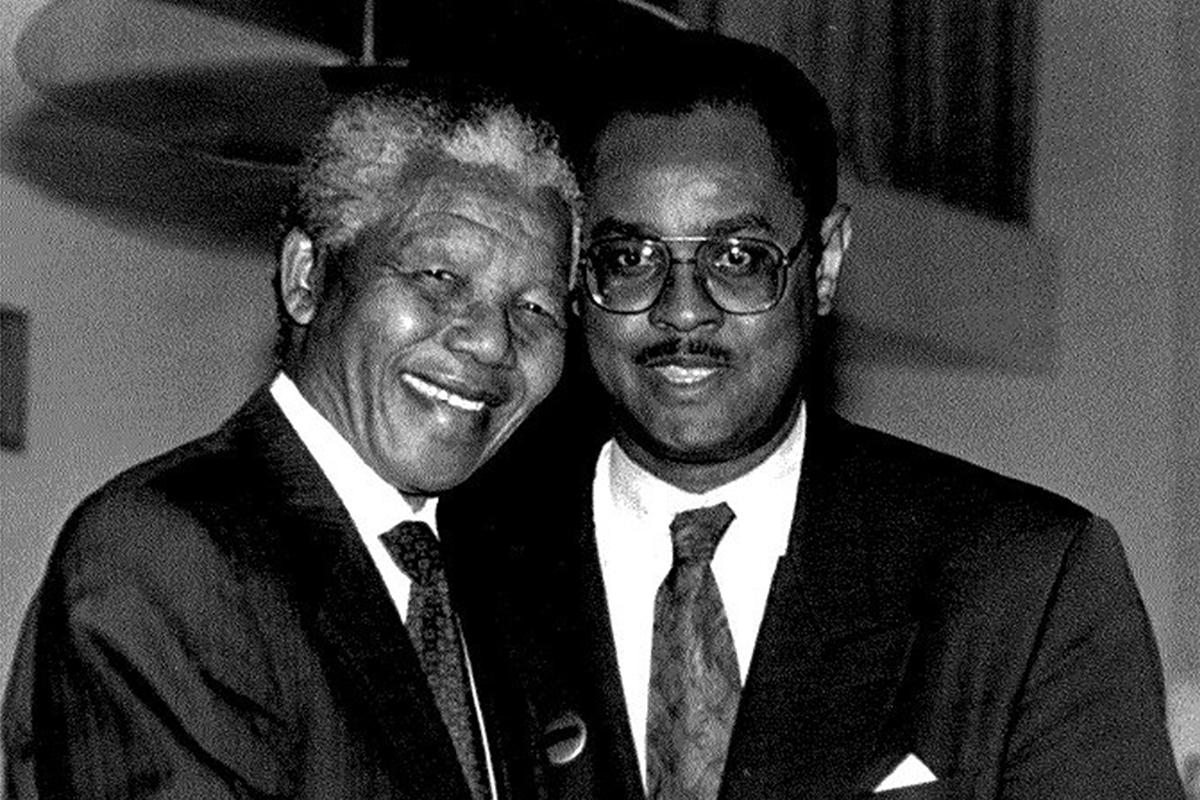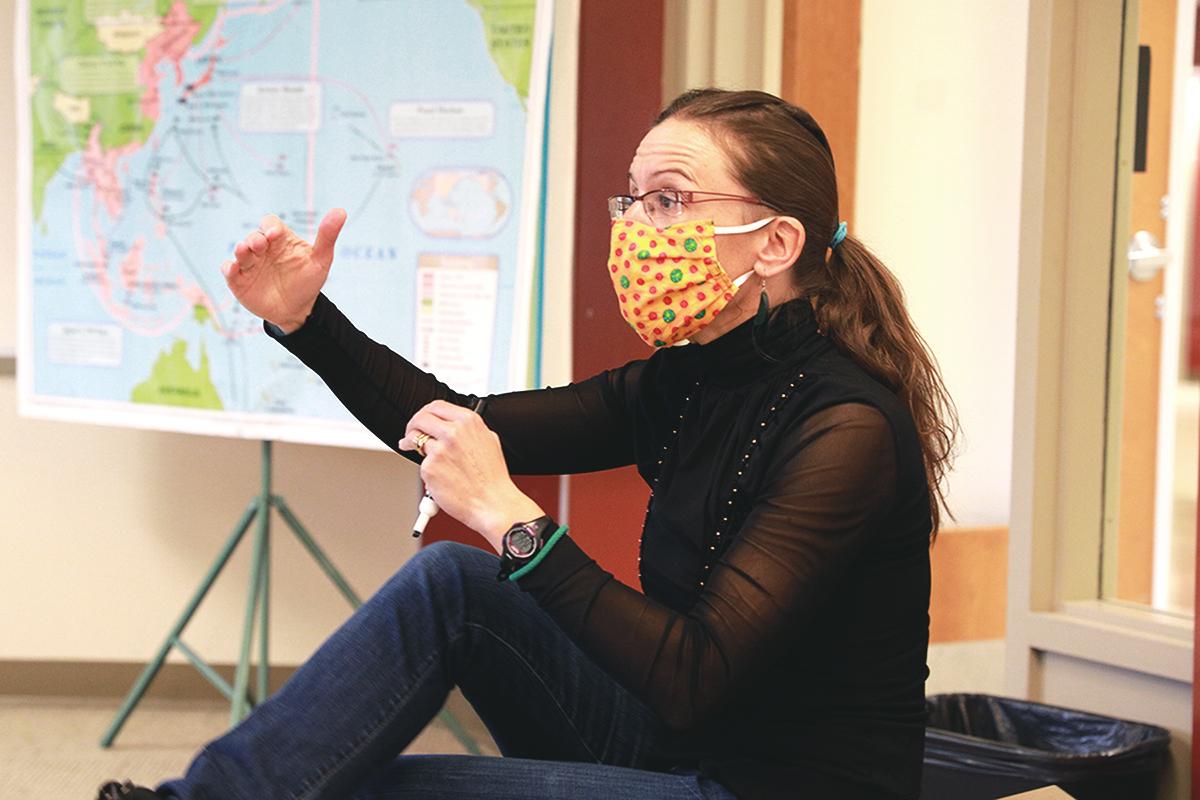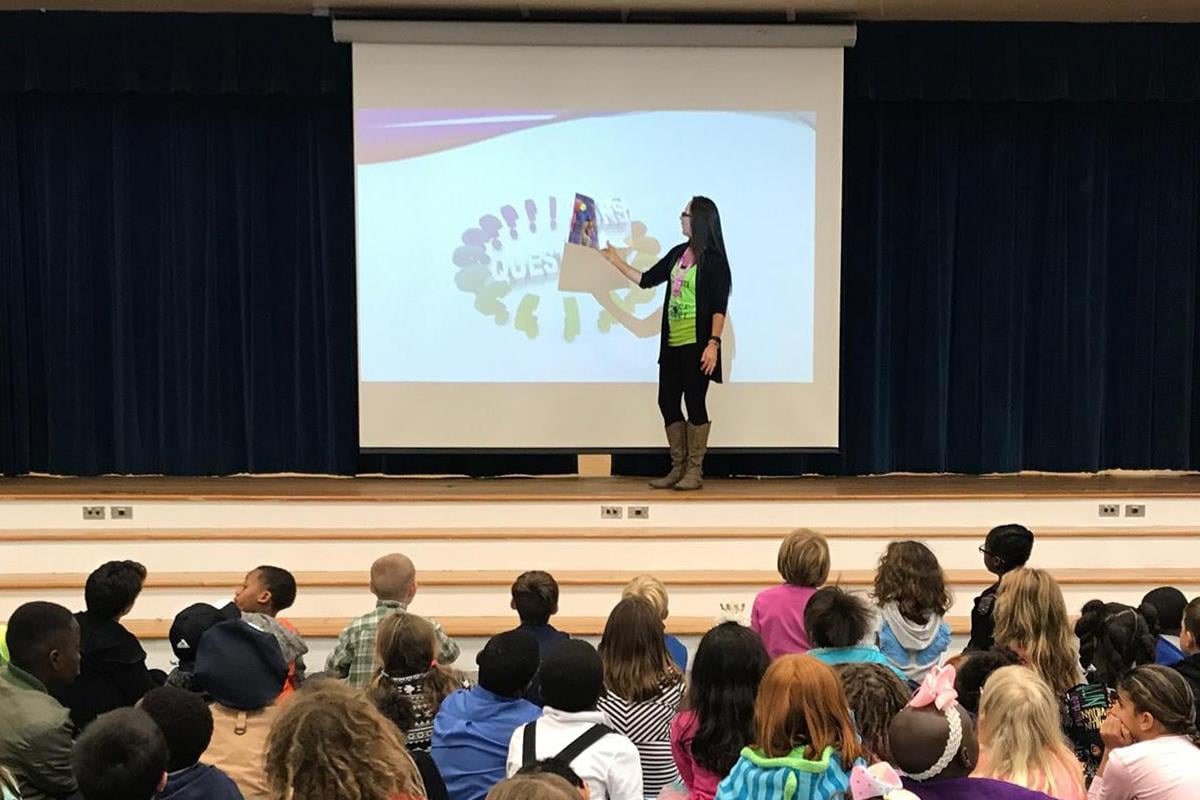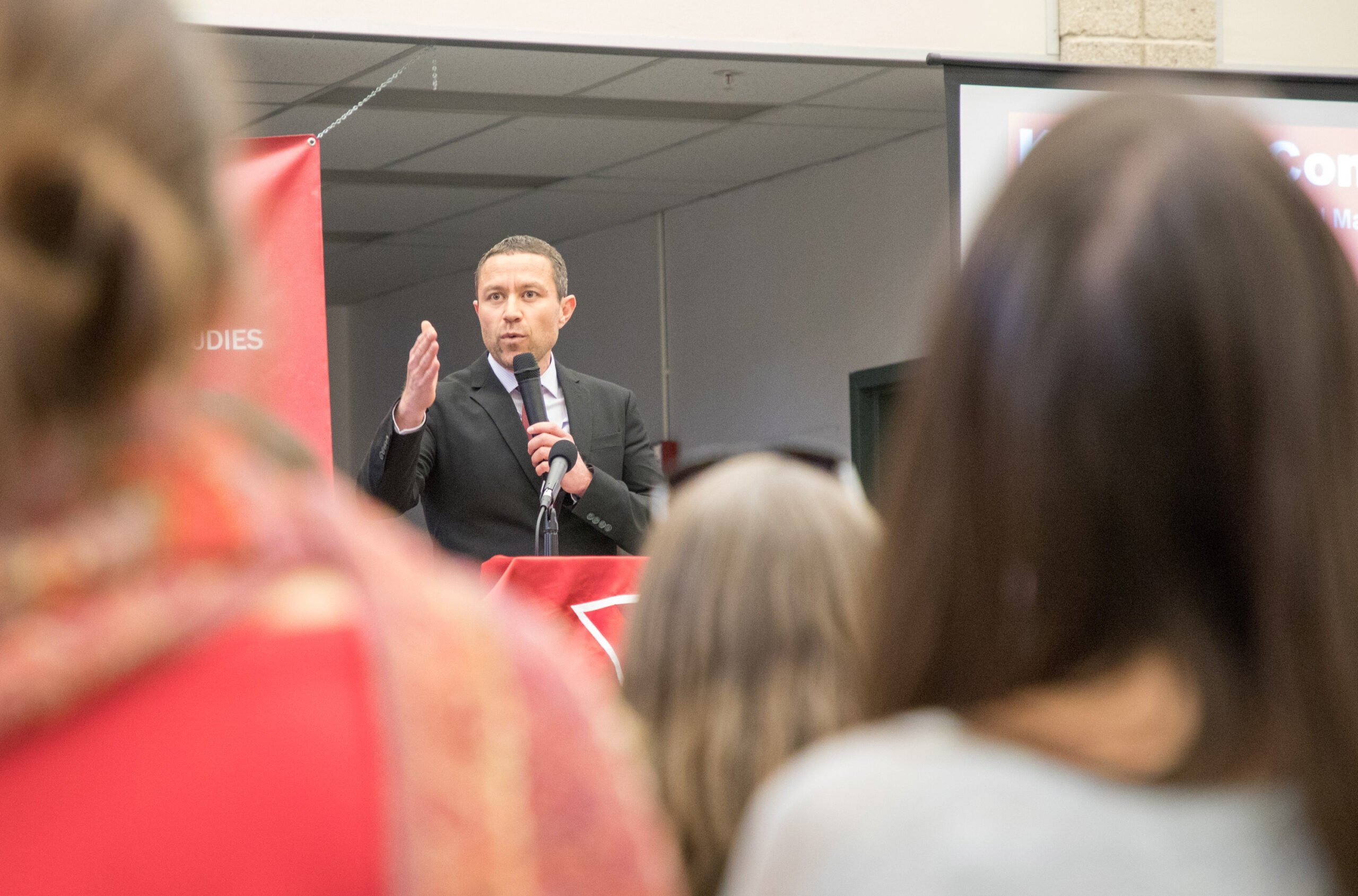Share your passion for history with your community.
The Public History emphasis introduces you to the associated fields of historic preservation, archival sciences, museum curatorship and oral history while being supported by historical content courses. Through intensive coursework, you will expand your historical knowledge and develop practical field skills.
The Public History emphasis is made up of a History core supported with multidisciplinary courses including Anthropology, Geography, Communication Arts, Environment & Sustainability and Recreation & Outdoor Education. Students who successfully complete this degree earn a major emphasis in history, a minor in anthropology, certificate of cultural resource management and potentially a GIS certificate.
Upon graduation, you’ll have the preparation needed to continue your studies in cultural resource management, archival management or museum studies. This degree can be the foundation for your career as a museum curator, registrar, collections manager, archivist, museum or historic site educator, or National Park Interpretive Ranger.
